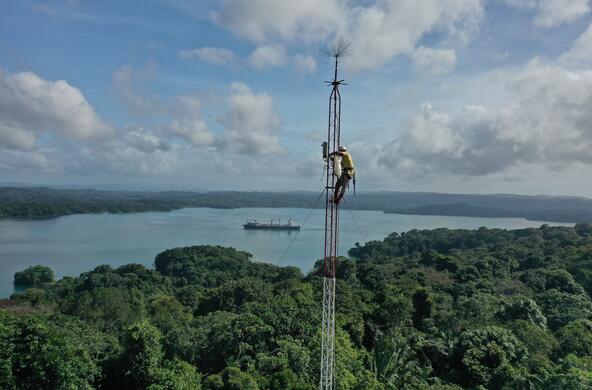The world’s oceans have absorbed a lot of the heat associated with the Earth’s warming climate over the past few decades. Nowhere has the increase in seawater temperature been greater than in the Gulf of Maine. Historically, Maine has hosted an important fishing industry in its coastal towns—cod, herring and sardines, and now a variety of shellfish, including clams, scallops, mussels and lobster. The lobster industry alone earned $1.5 billion in the U.S. and Canada in 2015.
I’ve been alarmed at the disappearance of mussels along the rocky shoreline of Cobscook Bay during the past five years. One scientific study reports a 60% decline of blue mussels in this region since the 1970s. The cause may be manifold, including increasing seawater acidity and temperature.
New reports document continued warming of seawater along the coast of Maine and its likely impacts on the lobster fishery—the backbone of the modern fishing industry in this region. Bottom waters have increased in temperature between 0.1oC and 0.4oC during the past couple of decades, with the greatest increases in the winter months. The warming is predicted to exceed 1.5oC during the next 30 years. Since lobsters experience thermal stress above 20oC, the rate of warming may mean that most waters will move above this threshold in southern New England in the coming years. The lobster catch has already declined there recently.
Farther north, along the coast of Maine, we might first expect the reproduction of lobsters to increase due to warmer waters and then to decline sharply, as seen farther south, as seawater temperatures increase above the stress threshold.
These changes bode for major disruption of the fishing industry of northern New England—perhaps not tomorrow, but certainly within the next generation of fishermen along the coast. Lobster fishermen should be worried about climate change, very worried. Like rising sea-level and more acidic seawater, warmer ocean temperatures will extract an economic cost and offer little economic benefit to the region.
See also: Warming the Gulf of Maine
References
Hsiang, S. and 11 others. 2017. Estimating economic damage from climate change in the United States. Science 356: 1362-1369.
Kavanaugh, M.T., J.E. Rheuban, K.M.A. Luis and S.C. Doney. 2017. Thirty-three years of ocean benthic warming along the U.S. Northeast continental shelf and slope: Patterns, drivers, and ecological consequences. Journal of Geophysical Research Oceans doi: 10.1002/2017JCO12953.
Le Bris, A and 8 others. 2018. Climate vulnerability and resilience in them most valuable North American fishery. Proceedings of the National Academy of Science 115: 1831-1836.
Rheubarn, J.E., M.T. Kavanaugh and S.C. Doney. 2017. Implications of future northwest Atlantic Bottom temperatures on the American Lobster (Homarus americanus) fishery. Journal of Geophysical Research Oceans doi: 10/1002/JCO12949.
Sorte, C.B. and 8 others. 2016. Long-term declines in an intertidal foundation species parallel shifts in community composition. Global Change Biology doi: 10.1111/gcb.13425.







